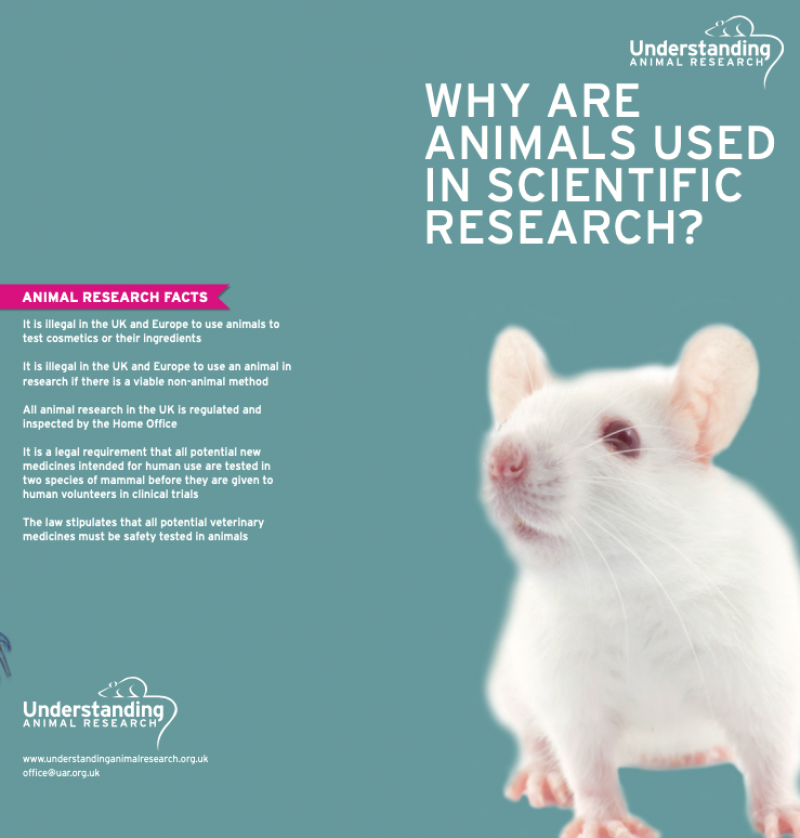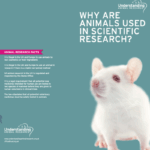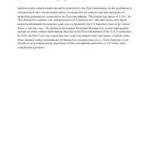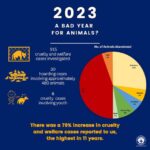In the realm of scientific inquiry, the employment of animals in research frequently ignites fervent debates. As we navigate this contentious landscape, one cannot help but ponder: Is the utilization of animals in research an egregious act of cruelty, or is it an indispensable component of scientific advancement? This question not only encapsulates ethical considerations but also challenges the very fabric of our understanding of necessity versus morality.
The landscape of animal research is vast and multifaceted, encompassing everything from biomedical studies to behavioral experiments. Advocates for the use of animals in research argue fervently that these practices have catapulted human health into the modern era, leading to lifesaving therapies and vaccines. The polio vaccine, developments in cancer treatments, and advancements in surgical procedures all owe a debt to initial animal testing. These proponents frame their argument around a paradox: the ends may justify the means, suggesting that unless one is willing to forgo life-saving advancements, there exists a pragmatic necessity for such research.
On the other hand, the specter of animal cruelty looms large. Countless animals have endured excruciating pain, confinement, and psychological distress in the name of scientific progress. The misuse and mistreatment of these sentient beings stand in stark contrast to the idyllic vision of a compassionate society. One must ponder the implications of inflicting suffering—does the very act of using animals as research tools dehumanize our pursuit of knowledge? Are we perpetually trapped in a cycle of justification that overlooks the suffering of our fellow creatures?
To address this conundrum, we must explore the underlying ethical frameworks that guide the conduct of scientific research. The “Three Rs” principle—replacement, reduction, and refinement—offers a guideline for ethical animal research practices. Replacement refers to the pursuit of alternatives to animal testing, such as in vitro techniques and computational models. Reduction emphasizes minimizing the number of animals used by optimizing study design and employing statistical methods to ensure valid results. Lastly, refinement advocates for modifications to procedures that minimize pain and distress.
Despite these ethical guidelines, the reality is that not all research adheres to the “Three Rs.” Instances of negligence and disregard for animal welfare persist within certain laboratories, undermining the credibility of the research community. Furthermore, controversies surrounding the efficacy of animal models in translating findings to human health raise questions about the scientific validity of animal research itself. While the physiological similarities between humans and other animals can yield valuable insights, significant species differences often result in misleading conclusions.
In this light, the challenge posed by animal research becomes increasingly pronounced. Are we, as a society, content to place our trust in studies that may not apply to human biology? The implications of failing to critically evaluate the methodologies used in experiments are vast. The potential for misguided policies and practices leading to adverse health outcomes cannot be overlooked.
Moreover, public perception plays a pivotal role in shaping the discourse surrounding animal research. The increasing prominence of animal rights activists—who vehemently oppose any form of animal exploitation—has influenced legislation and public opinion. Movements advocating for the humane treatment of animals have sparked a reconsideration of research practices, leading some institutions to adopt more stringent ethical standards.
As the conversation surrounding animal research progresses, it becomes pivotal to examine the alternative approaches that are gaining traction within the scientific community. Advances in technology, particularly in the fields of artificial intelligence and bioengineering, present groundbreaking alternatives to traditional animal models. In silico research, which utilizes computer simulations to model biological processes, offers a glimpse into a future where animals need not suffer in experimental settings. Such innovations embody a scientific necessity that is intrinsically aligned with ethical stewardship.
However, the transition towards these alternatives is not without its own challenges. The initial investment in technology and training can be daunting for many institutions. Additionally, regulatory frameworks must evolve to accommodate new methodologies, which can hinder the pace of innovation. The resistance to change within established scientific paradigms further complicates the transition away from animal research.
In navigating this intricate landscape, it is essential to adopt a balanced perspective. The juxtaposition of animal welfare and scientific necessity is unlikely to yield a definitive answer; rather, it invites ongoing discourse and reflection. Society must grapple with the complex interplay between ethical considerations and the undeniable contributions of animal research to human health.
Ultimately, this dialogue can lead to a transformation—a paradigm shift wherein science no longer relies on the suffering of animals as a prerequisite for discovery. Instead, researchers can embrace innovative alternatives that uphold both moral integrity and scientific rigor. The quest for knowledge need not be accompanied by the burden of cruelty; rather, it can flourish in a landscape where empathy and progress coexist harmoniously. As we navigate the crossroads of ethical inquiry and scientific necessity, the imperative for compassion and responsibility remains paramount.
In conclusion, the inquiry into the ethical implications of animal research prompts a complex engagement with fundamental questions about our values as a society. As public awareness and technological advancements increase, there lies an opportunity for a reimagined approach toward scientific inquiry—one that prioritizes humane practices while championing the quest for knowledge. Moving forward, the challenge remains: will we rise to meet it?








